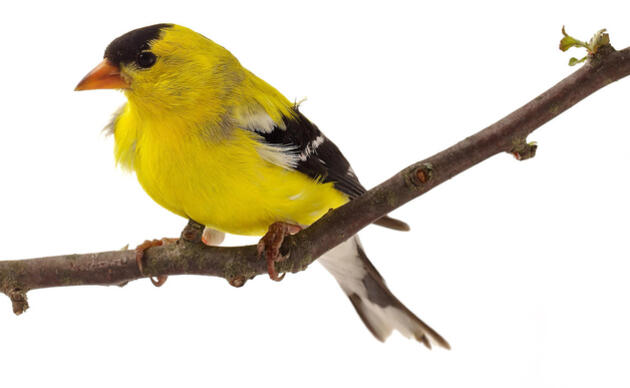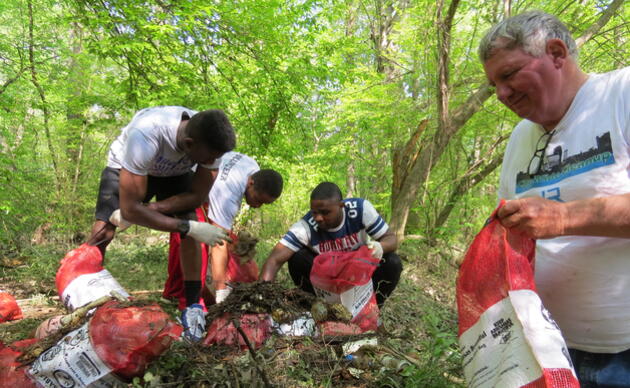LITTLE ROCK, Ark. (Thursday, June 6, 2019)— Audubon Arkansas has launched a community science project to monitor and document dicamba herbicide damage to vegetation on public lands to gain a better understanding of the geographic range, extent, and severity of unintended damages. Audubon is currently recruiting interested volunteers as monitoring is needed now through early August. The focus is on municipal, state, and federal lands in eastern Arkansas counties, although property owners may report evidence of damage from their own property. A custom mobile app makes reporting easy. Interested volunteers will receive training after registering at http://ar.audubon.org/dicamba-search.
Dicamba is a volatile herbicide that is used for weed control on certain soybean and cotton varieties that have been genetically modified to be resistant. However, dicamba's volatility means it can do damage to non-GMO crops and native plants far beyond the intended application area. Warm temperatures, even days after application, increase the chance for the liquid herbicide to convert into a gas, then lift and move for miles in all directions where it may condense on other plants. At a public hearing on February 20, 2019, the Arkansas Plant Board voted to advance the cutoff date further into the warm growing season, to May 25, reduce buffer widths, and make other changes to the regulations regarding Dicamba use.
“Spraying Dicamba on millions of acres of soybean and cotton is an uncontrolled experiment that puts sensitive habitats at unacceptable risk,” said Dr. Dan Scheiman, Bird Conservation Director, Audubon Arkansas. “In a landscape full of GMO crops, the atmospheric build-up of volatized dicamba may result in significant damage to our state natural areas, wildlife management areas, national wildlife refuges, family farms, and the wildlife they harbor.”
Even in this current season of delayed planting due to rain, apparent dicamba symptomology has already been documented. After collecting and analyzing the data collected from the monitoring program during the 2019 season, Audubon will compile a report of the findings to inform future regulatory proceedings.
###
For more information on this project visit http://ar.audubon.org/dicamba
For media inquiries contact Dr. Dan Scheiman at 501.244.2229.



